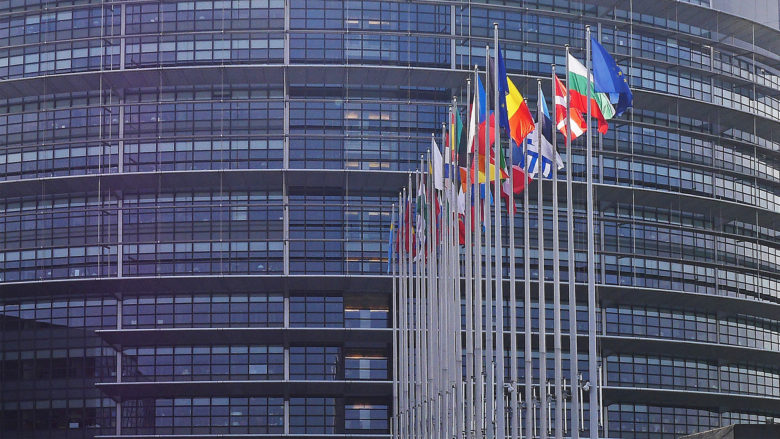Disagreements: EU may not adopt AI regulation in 2023 after all

The long-awaited EU AI law continues to be hotly debated as European lawmakers remain divided over various aspects of the new AI Act. The European Parliament is pushing for strict regulations, while some member states and economic actors are expressing concerns. Another meeting is planned for next Tuesday. According to reports from Reuters, the adoption of the AI regulation this year is becoming increasingly unlikely.
Postponed to 2024?
The draft AI regulation requires the approval of both the European Parliament and the member states of the European Union. The final elaboration of the legal provisions takes place in so-called trilogue meetings between the EU Parliament and the member states. The fourth meeting is planned for next Tuesday.
Ahead of the crucial meeting next week, various aspects of the new regulations for artificial intelligence are still disputed between European legislators. If no agreement is reached by the end of this month, another meeting is planned for December. According to Reuters, this delay in decision-making would signal that the law will only be passed next year rather than this year as originally planned.
Stricter regulations for AI
In June, the EU Parliament defined its position on the proposed AI Act in more detail. As a result, services like ChatGPT are not classified as high-risk from the start, but strict regulations are still being introduced for them.
Operators of AI-based models that have been trained on a large amount of uncategorized data must examine and, if necessary, minimize the foreseeable risks to health, safety, fundamental rights, the environment, democracy, and the rule of law with the involvement of independent experts. Manufacturers of generative AI models such as OpenAI must document and make publicly available a detailed summary of the use of copyrighted training data.
Companies concerned about technological sovereignty
However, over 150 executives from European companies, including Airbus, Deutsche Telekom, and Siemens, have expressed concerns that the AI regulation could “endanger technological sovereignty”. Some emphasize that the primary goal of the planned AI regulation should be more “innovation-friendly” policies.
Some open-source companies are also calling for smaller companies to be included in the discussion, raising concerns about developer compliance and suggesting a distinction between for-profit models and those for research purposes.
AI Act: The first artificial intelligence regulation in the EU
Spain is pushing for unity
Spain, which holds the EU Council presidency until December, is pushing for a quicker agreement and has announced compromise proposals to speed up the process. One such proposal includes a tiered approach to regulating base models, according to a draft seen by Reuters. In addition, Spain proposes to introduce additional obligations for particularly high-performance base models such as ChatGPT, including regular checks to identify possible vulnerabilities. However, critics argue that smaller platforms can also pose potential risks.
Before the upcoming meeting on Tuesday, the Spanish government announced that it had held preliminary discussions with other EU countries about possible compromises. However, Reuters suggests that it remains unlikely that a final agreement will be reached at this meeting. Another meeting is already planned for the beginning of December. If no agreement is reached then the negotiations could be postponed until the beginning of next year, although this could further delay the EU elections in June.






























